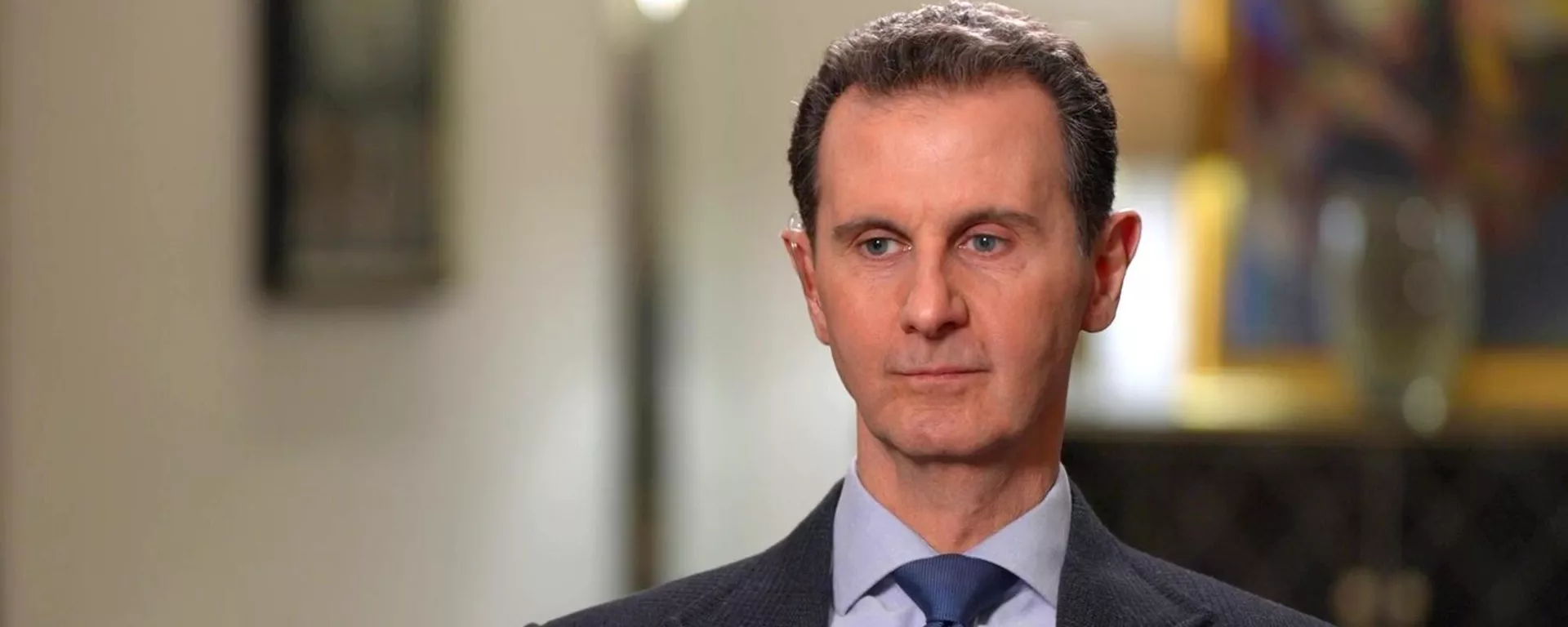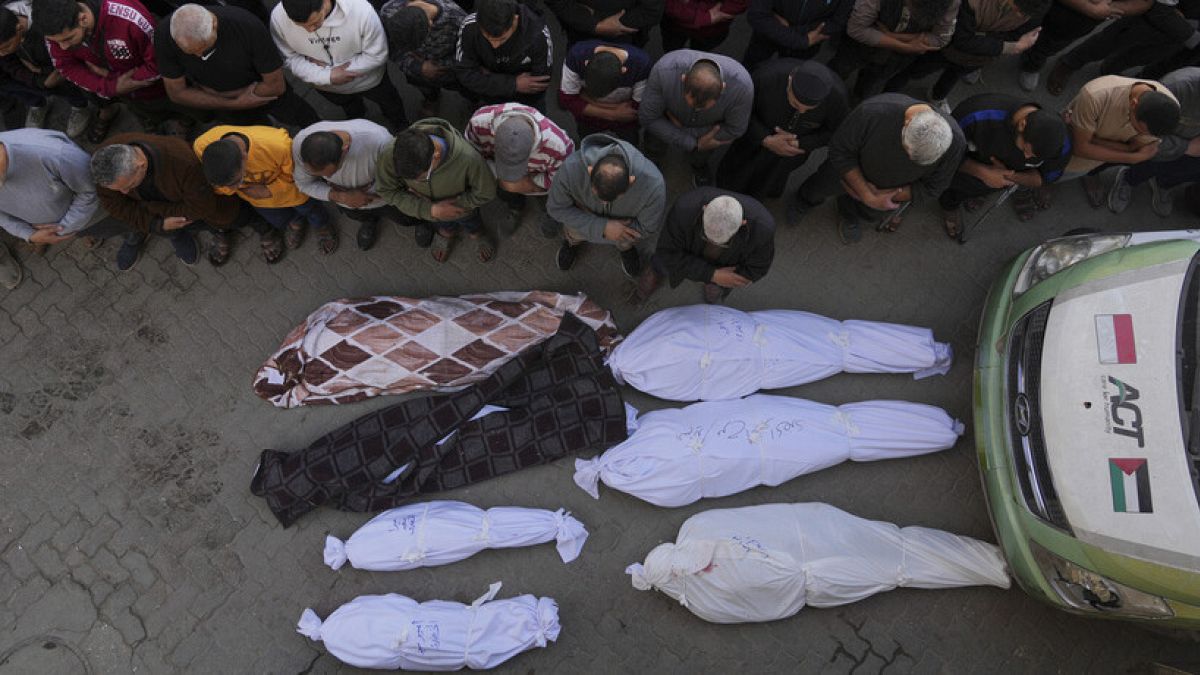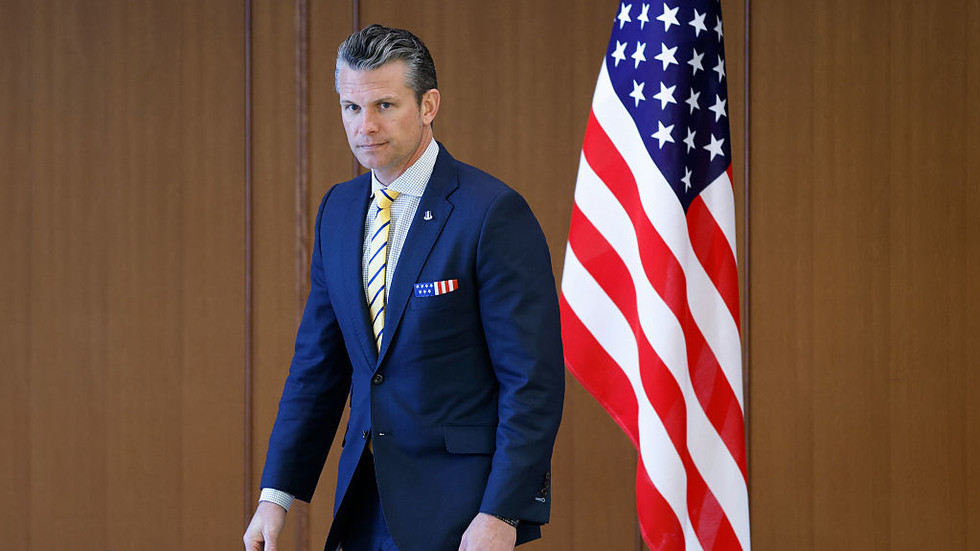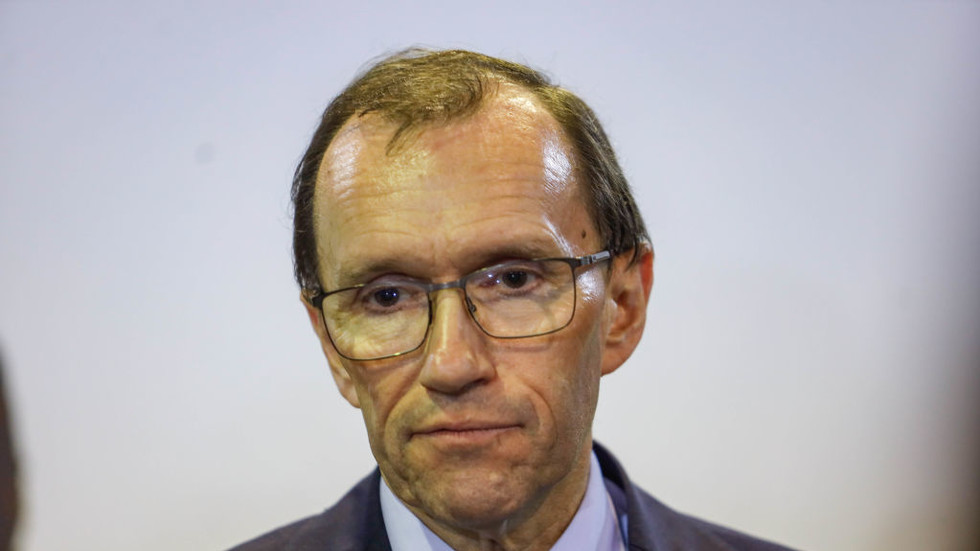"Chaos and a struggle for power will begin in Syria now. Therefore, it is at least premature to say that the crisis is close to an end," Nikolay Surkov, senior researcher at the Center for Middle Eastern Studies at the Institute of World Economy and International Relations (IMEMO), told Sputnik.
Meanwhile, Syrian Prime Minister Mohammad Ghazi al-Jalali announced on December 8 that he had established contact with the jihadi forces that entered Damascus after beginning their advance on November 27.
"After the [2023] earthquake, the Syrian economy went into a tailspin," Surkov said, commenting on the reasons for the defeat of Syrian government forces. "The government didn't even have the money to properly maintain the armed forces."
The war-torn nation has been under enormous pressure for years:
The 2019 Caesar Act blocked imports of essential goods like food, energy, and basic medical supplies to Syria;
The US and allied forces occupied Syria's oil fields;
The US smuggled grain from illegally occupied Syrian regions.
In addition, Israel seemed to be interested in the armed opposition’s advance, seeking to close the corridor to Lebanon’s Hezbollah movement and undermining Iran's Axis of Resistance, according to the pundit.
Russia did its best in fighting terrorist forces in Syria. However, Moscow made it clear it would work with any government chosen by the Syrian people. "Russia cannot be more Syrian than the Syrians themselves," Russian President Vladimir Putin stated in 2015.
"Syria has long been divided. Now the government in central Syria has changed. Earlier it was the Syrian government that relied on Iran and Russia, now it will be the Islamists," Surkov said.

 3 months ago
29
3 months ago
29







 We deliver critical software at unparalleled value and speed to help your business thrive
We deliver critical software at unparalleled value and speed to help your business thrive






 English (US) ·
English (US) ·